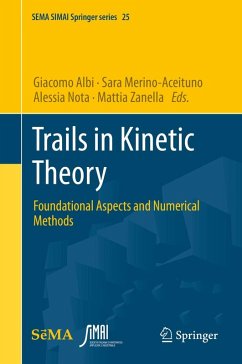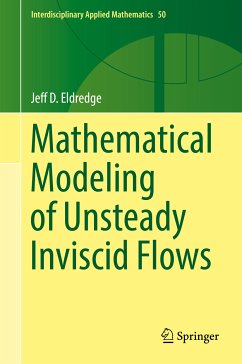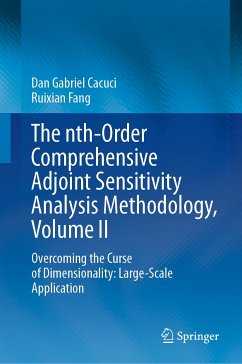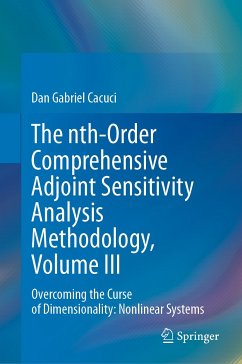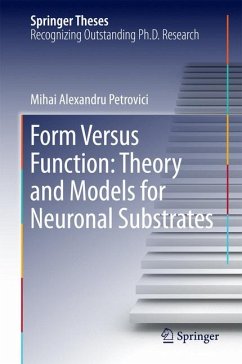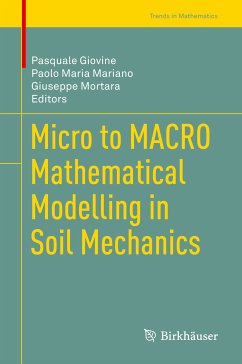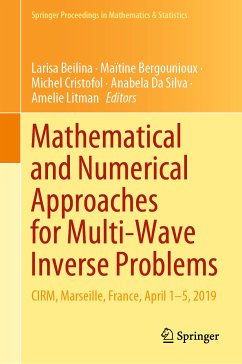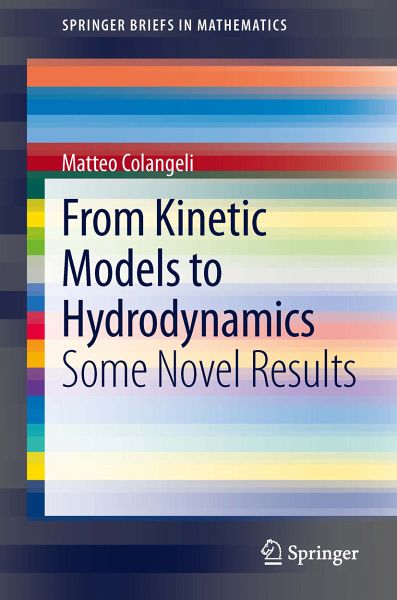
From Kinetic Models to Hydrodynamics (eBook, PDF)
Some Novel Results
Versandkostenfrei!
Sofort per Download lieferbar
40,95 €
inkl. MwSt.
Weitere Ausgaben:

PAYBACK Punkte
20 °P sammeln!
¿¿From Kinetic Models to Hydrodynamics serves as an introduction to the asymptotic methods necessary to obtain hydrodynamic equations from a fundamental description using kinetic theory models and the Boltzmann equation. The work is a survey of an active research area, which aims to bridge time and length scales from the particle-like description inherent in Boltzmann equation theory to a fully established "continuum" approach typical of macroscopic laws of physics.The author sheds light on a new method-using invariant manifolds-which addresses a functional equation for the nonequilibrium si...
¿¿From Kinetic Models to Hydrodynamics serves as an introduction to the asymptotic methods necessary to obtain hydrodynamic equations from a fundamental description using kinetic theory models and the Boltzmann equation. The work is a survey of an active research area, which aims to bridge time and length scales from the particle-like description inherent in Boltzmann equation theory to a fully established "continuum" approach typical of macroscopic laws of physics.The author sheds light on a new method-using invariant manifolds-which addresses a functional equation for the nonequilibrium single-particle distribution function. This method allows one to find exact and thermodynamically consistent expressions for: hydrodynamic modes; transport coefficient expressions for hydrodynamic modes; and transport coefficients of a fluid beyond the traditional hydrodynamic limit. The invariant manifold method paves the way to establish a needed bridge between Boltzmann equation theory and a particle-based theory of hydrodynamics. Finally, the author explores the ambitious and longstanding task of obtaining hydrodynamic constitutive equations from their kinetic counterparts.¿ The work is intended for specialists in kinetic theory-or more generally statistical mechanics-and will provide a bridge between a physical and mathematical approach to solve real-world problems.¿
Dieser Download kann aus rechtlichen Gründen nur mit Rechnungsadresse in A, B, BG, CY, CZ, D, DK, EW, E, FIN, F, GR, HR, H, IRL, I, LT, L, LR, M, NL, PL, P, R, S, SLO, SK ausgeliefert werden.




